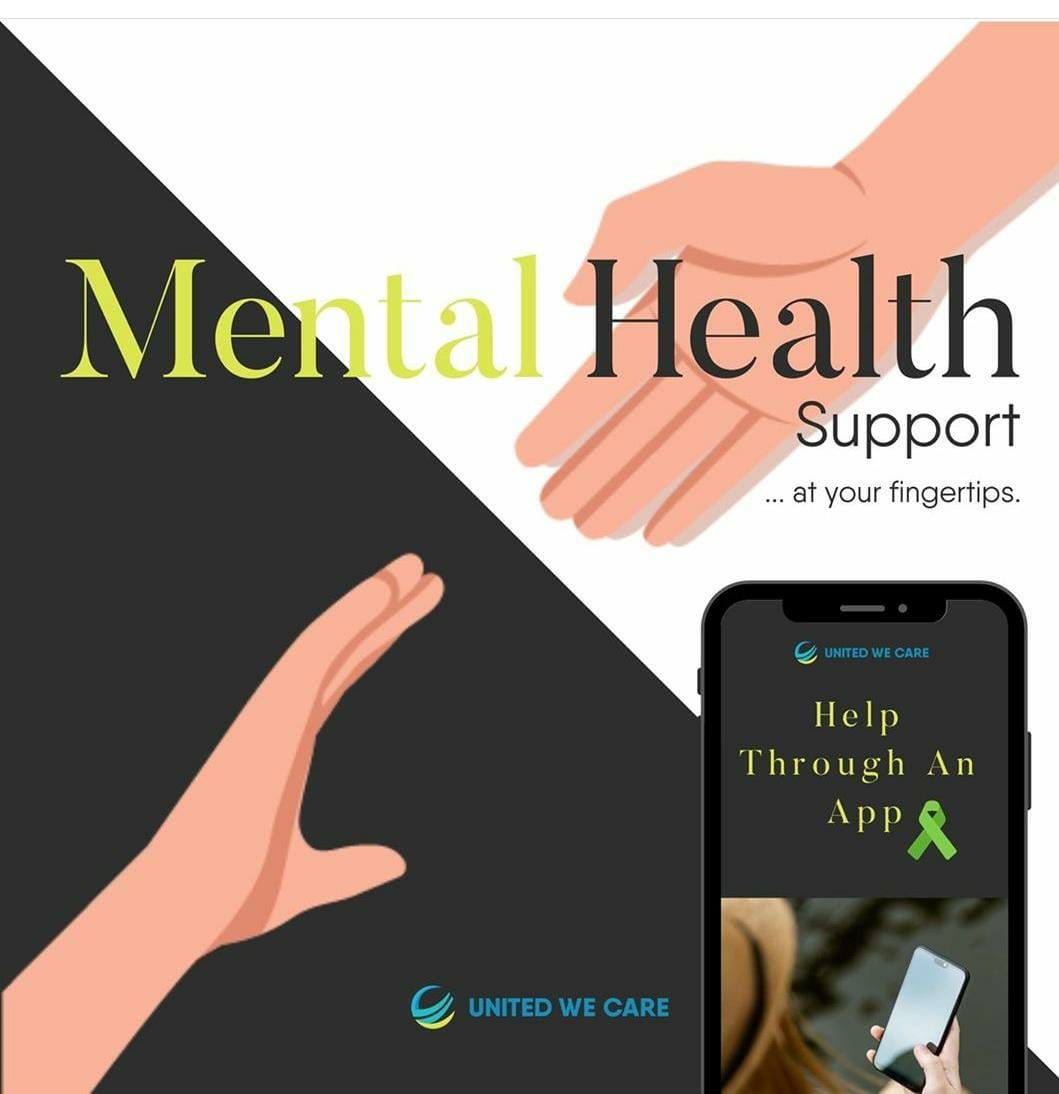Significance Of Mental Health Care In New Work And Study Models
Related Articles
Celebrity Heart Attack: दिल से हारे 6 सितारे, शेफाली जरीवाला समेत इन सेलिब्रिटी की मौत ने इंडस्ट्री को किया हैरान, हार्ट अटैक बना जानलेवा
दिल की बीमारी अब सिर्फ बुजुर्गों तक सीमित नहीं रही, एंटरटेनमेंट इंडस्ट्री के कई युवा चेहरे बन चुके हैं इसका शिकार
Celebrity Heart Attack: दिल...
Take Charge of Your End-of-Life Decisions: Living Will Clinic Opens in Mumbai
Mumbai has become the first city in India to offer a dedicated clinic for living wills, thanks to a new initiative at Hinduja Hospital...
CSR News: RO Drinking Water Plants Inaugurated to Enhance Safe Water Access in Cuddalore District of Tamil Nadu
Cuddalore, Tamil Nadu: Coromandel International Limited, one of India’s leading agri-solutions providers, has inaugurated RO (Reverse Osmosis) Drinking Water Plants in Thiruchopuram and Thiyagavalli...


 Dr. Ambrish Dharmadhikari is Head at Mpower – The Foundation & Program Coordinator at The Mpower Hub. Dr. Dharmadhikari is a passionate Adult Psychiatrist and Researcher. He has over 7 years of experience and published 20 plus research articles. Among many accolades, he was awarded ‘Young Psychiatrist track award’ for year 2016 by World association of social psychiatry. He has worked extensively in community for underprivileged. Dr. Ambrish believes in providing affordable mental health care to each and every individual of society irrespective of their economic status.
Dr. Ambrish Dharmadhikari is Head at Mpower – The Foundation & Program Coordinator at The Mpower Hub. Dr. Dharmadhikari is a passionate Adult Psychiatrist and Researcher. He has over 7 years of experience and published 20 plus research articles. Among many accolades, he was awarded ‘Young Psychiatrist track award’ for year 2016 by World association of social psychiatry. He has worked extensively in community for underprivileged. Dr. Ambrish believes in providing affordable mental health care to each and every individual of society irrespective of their economic status.